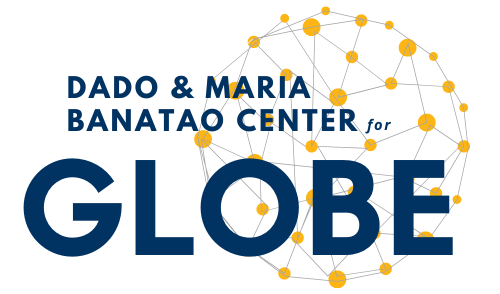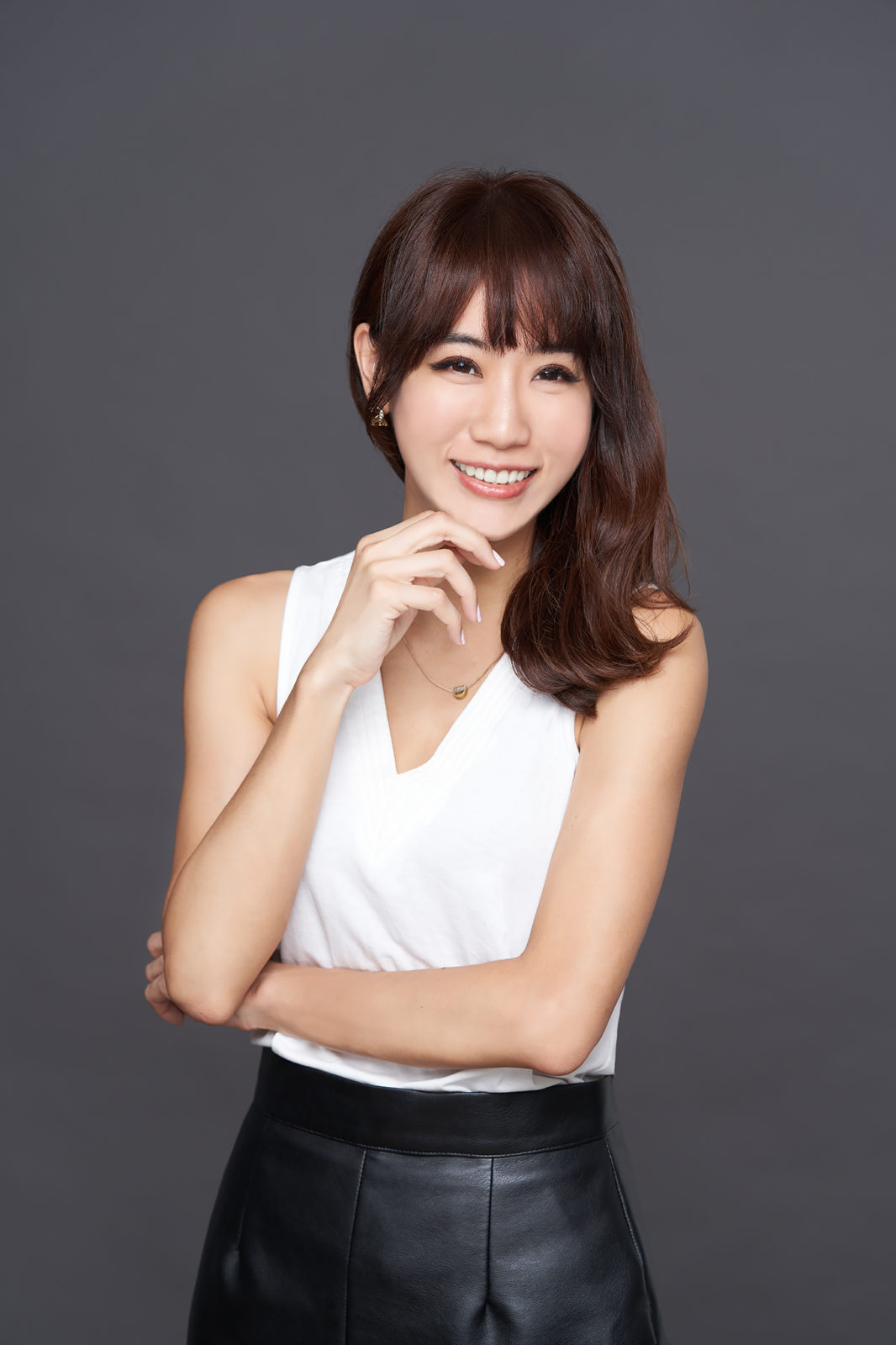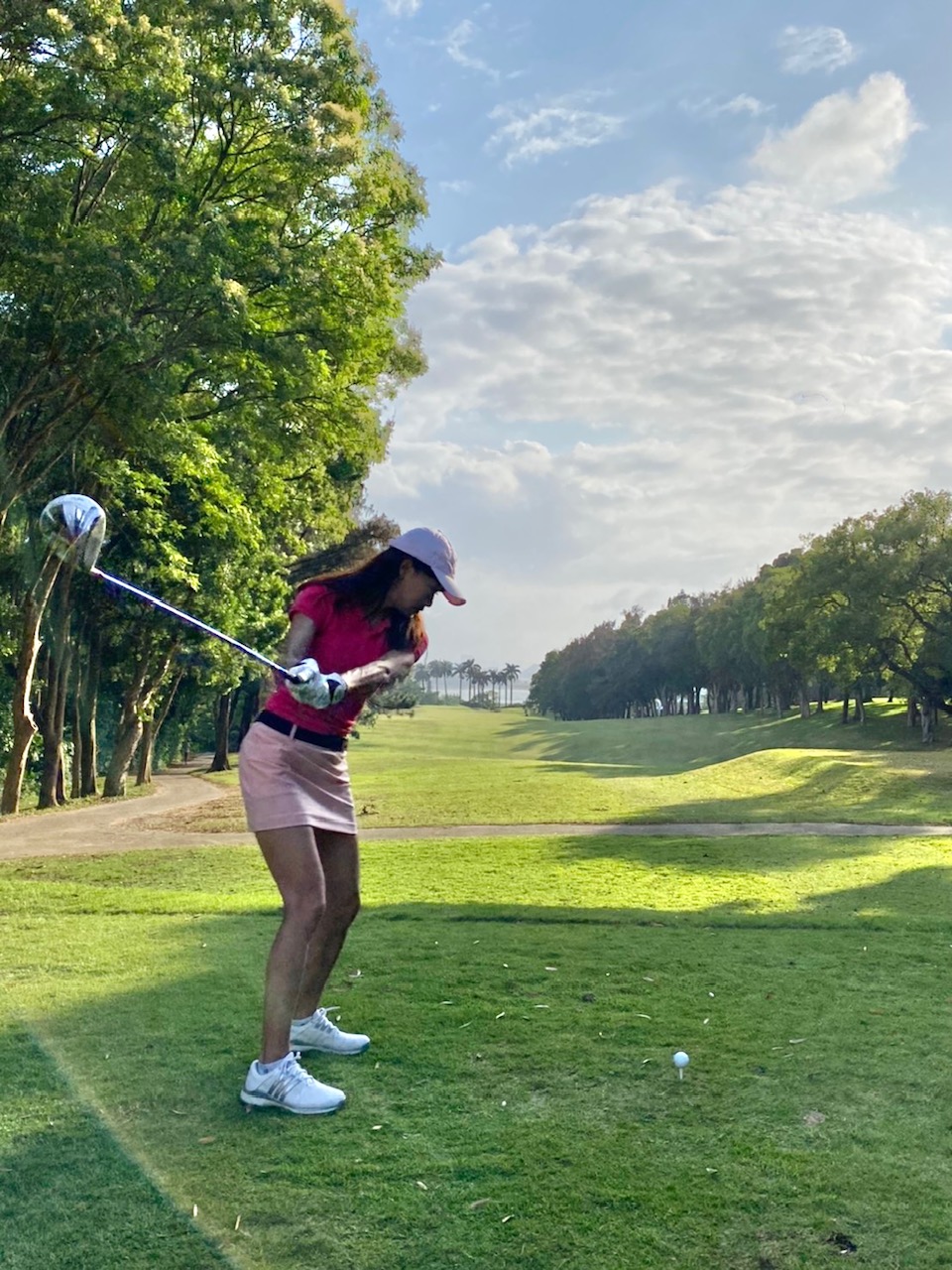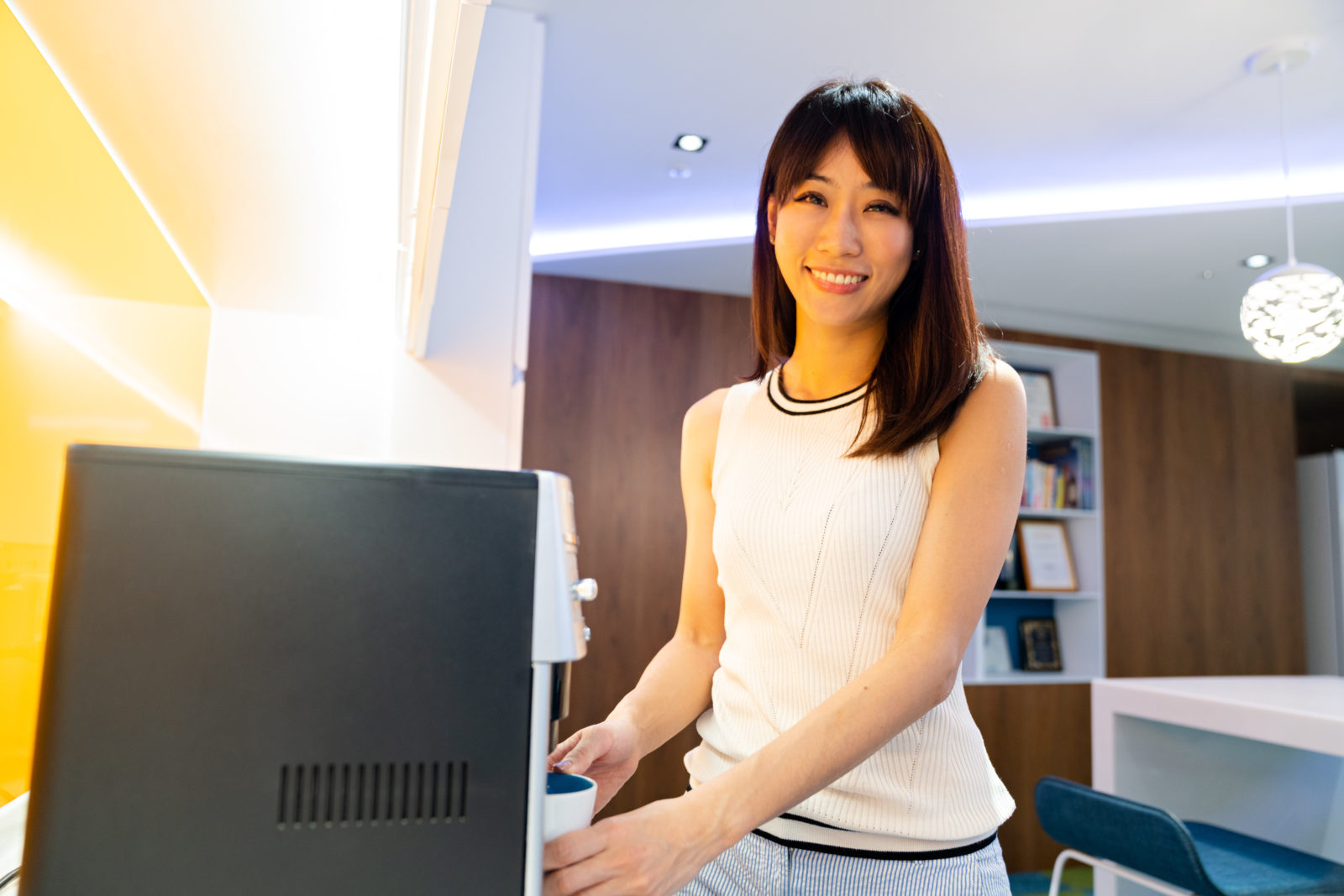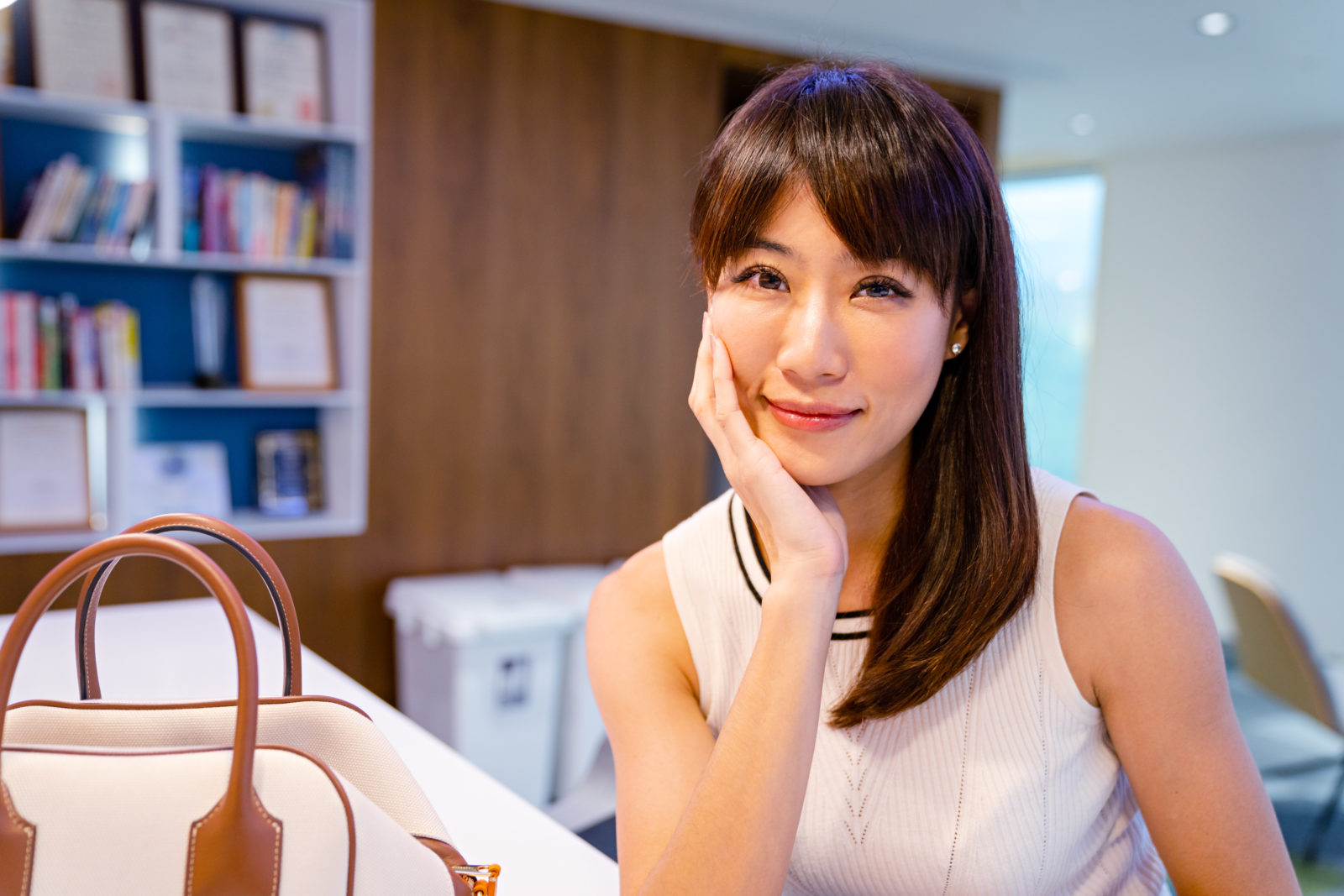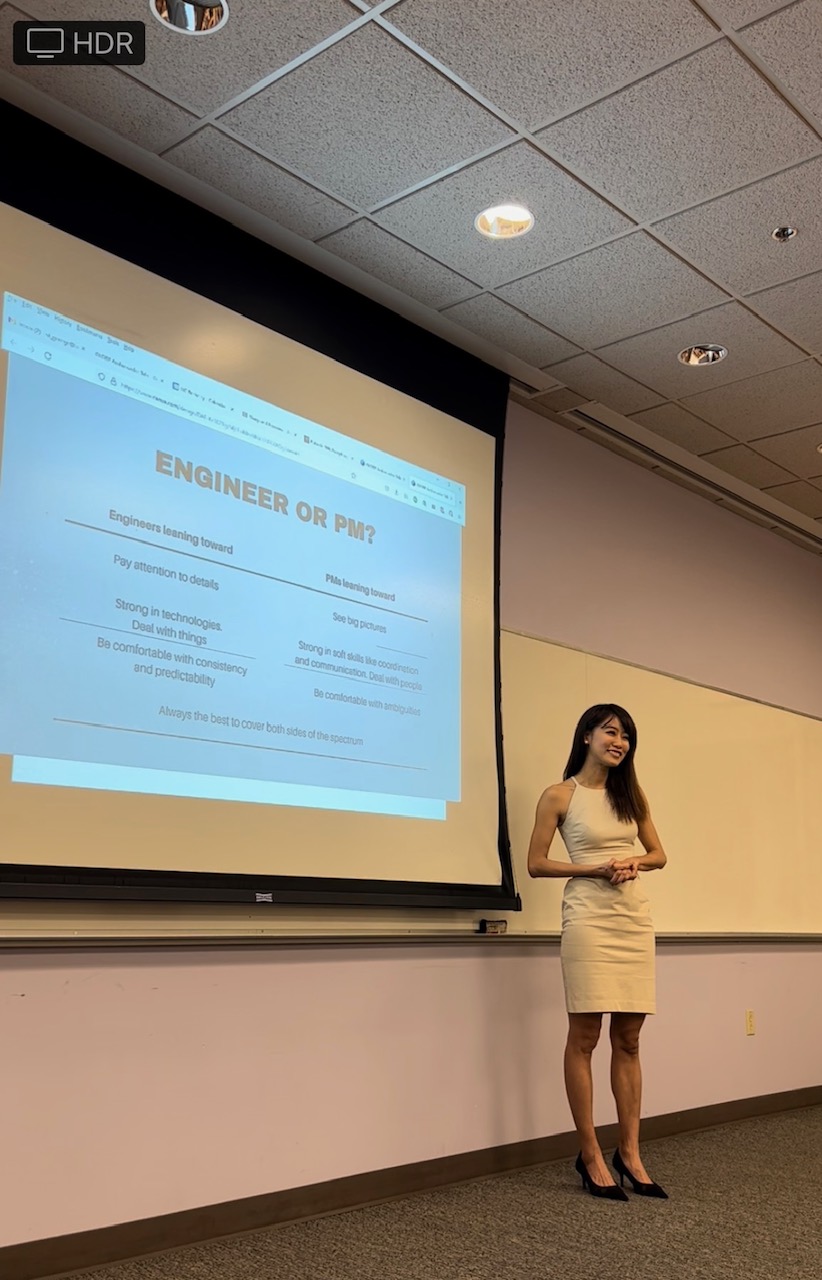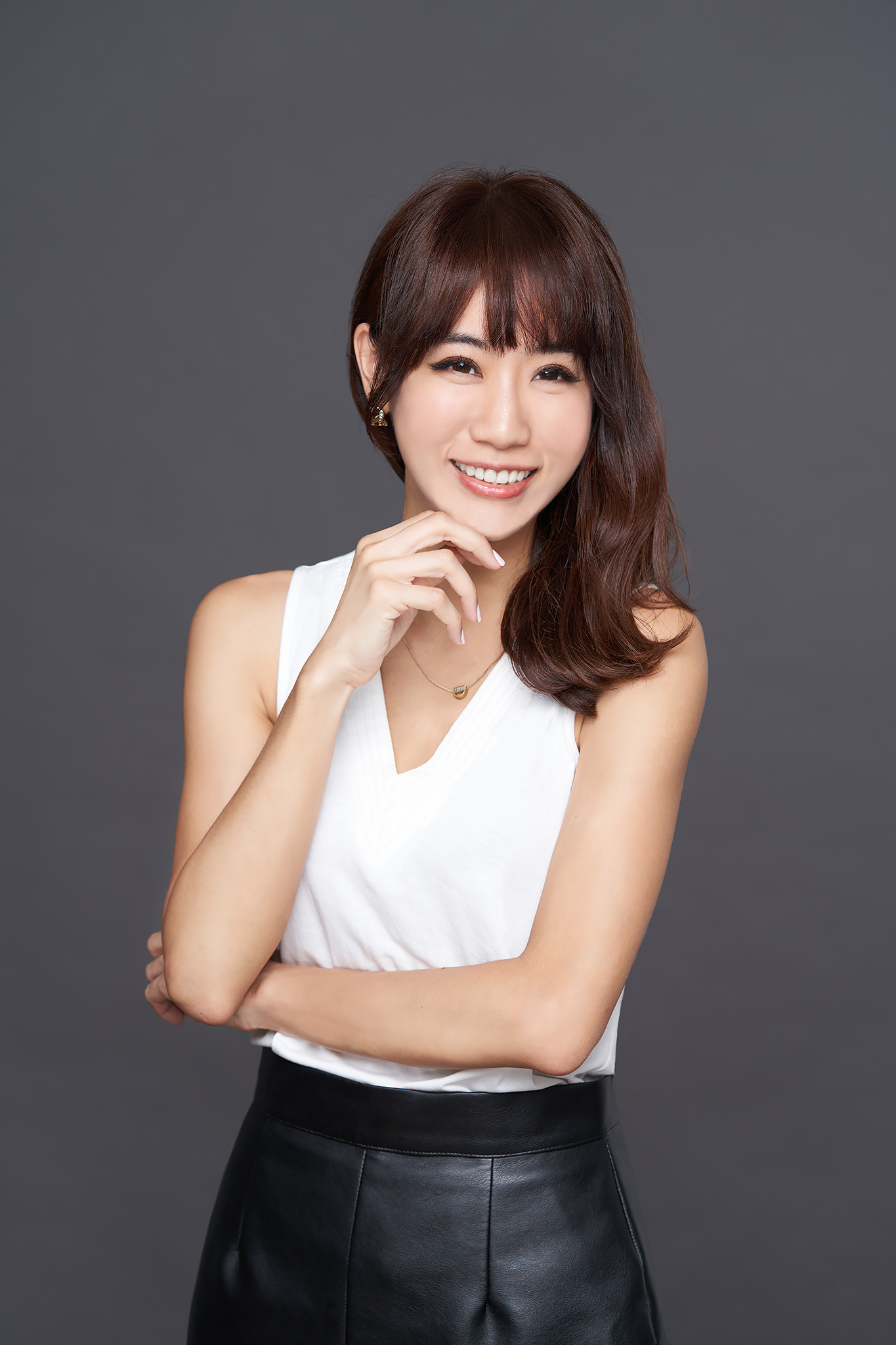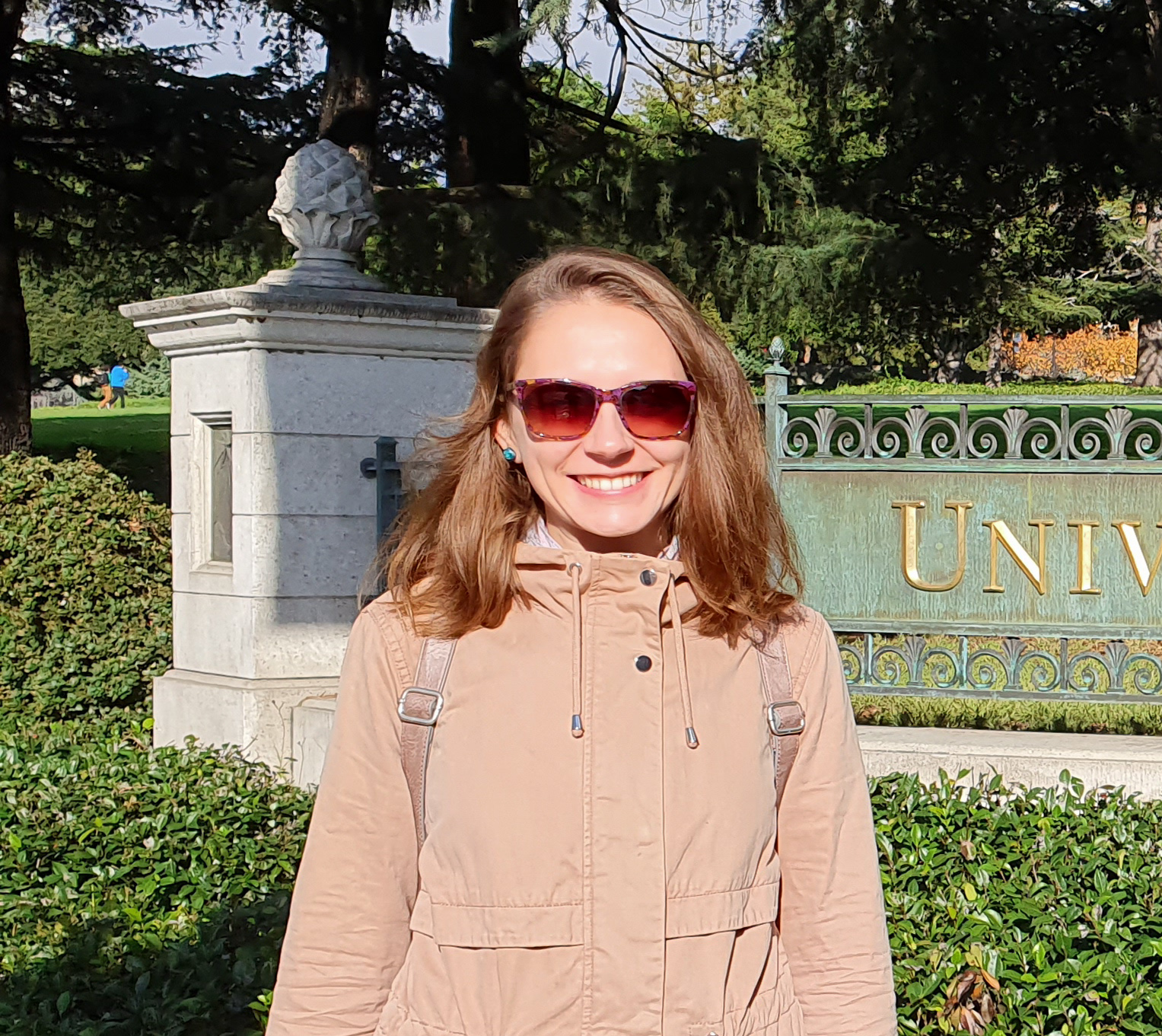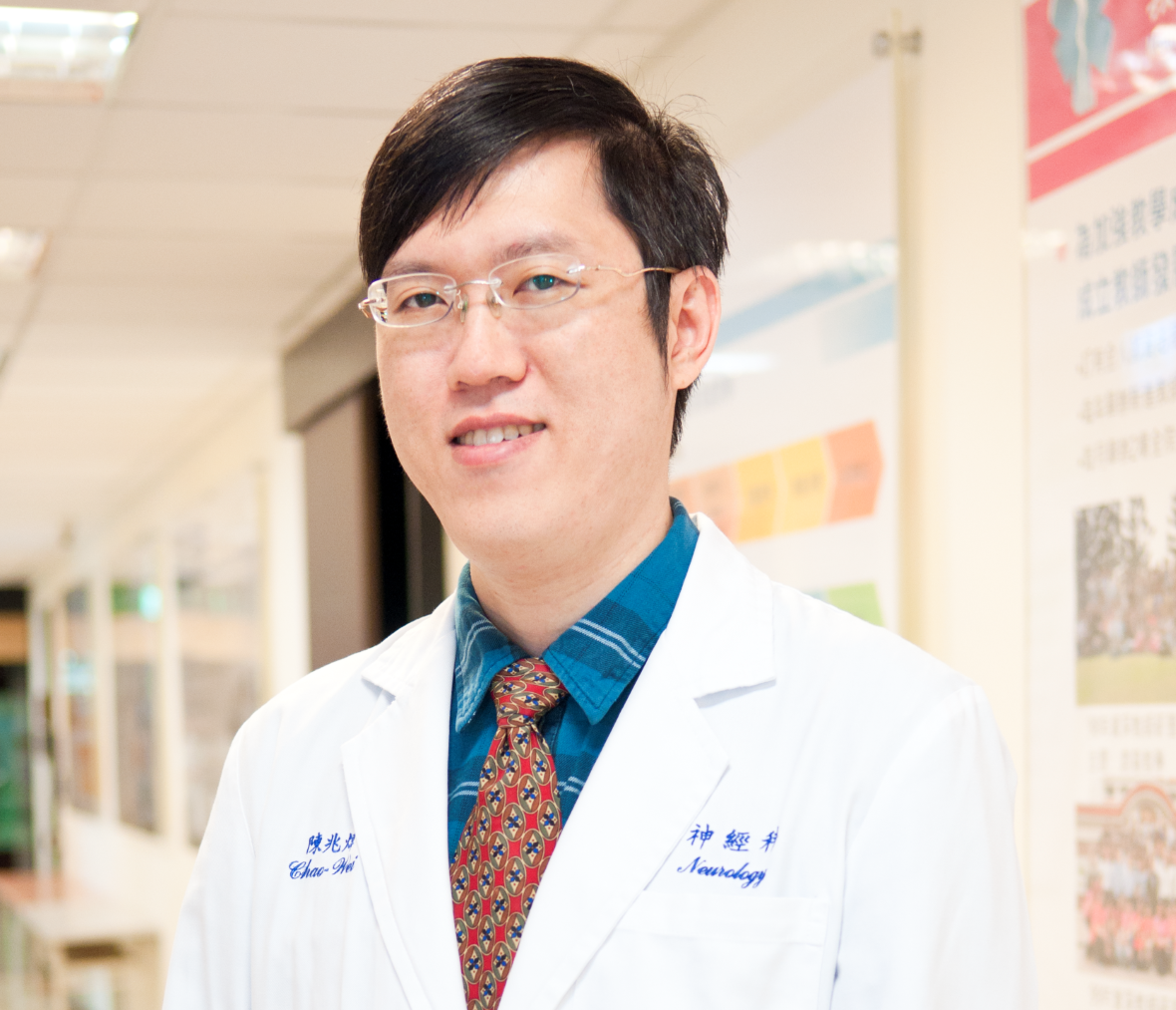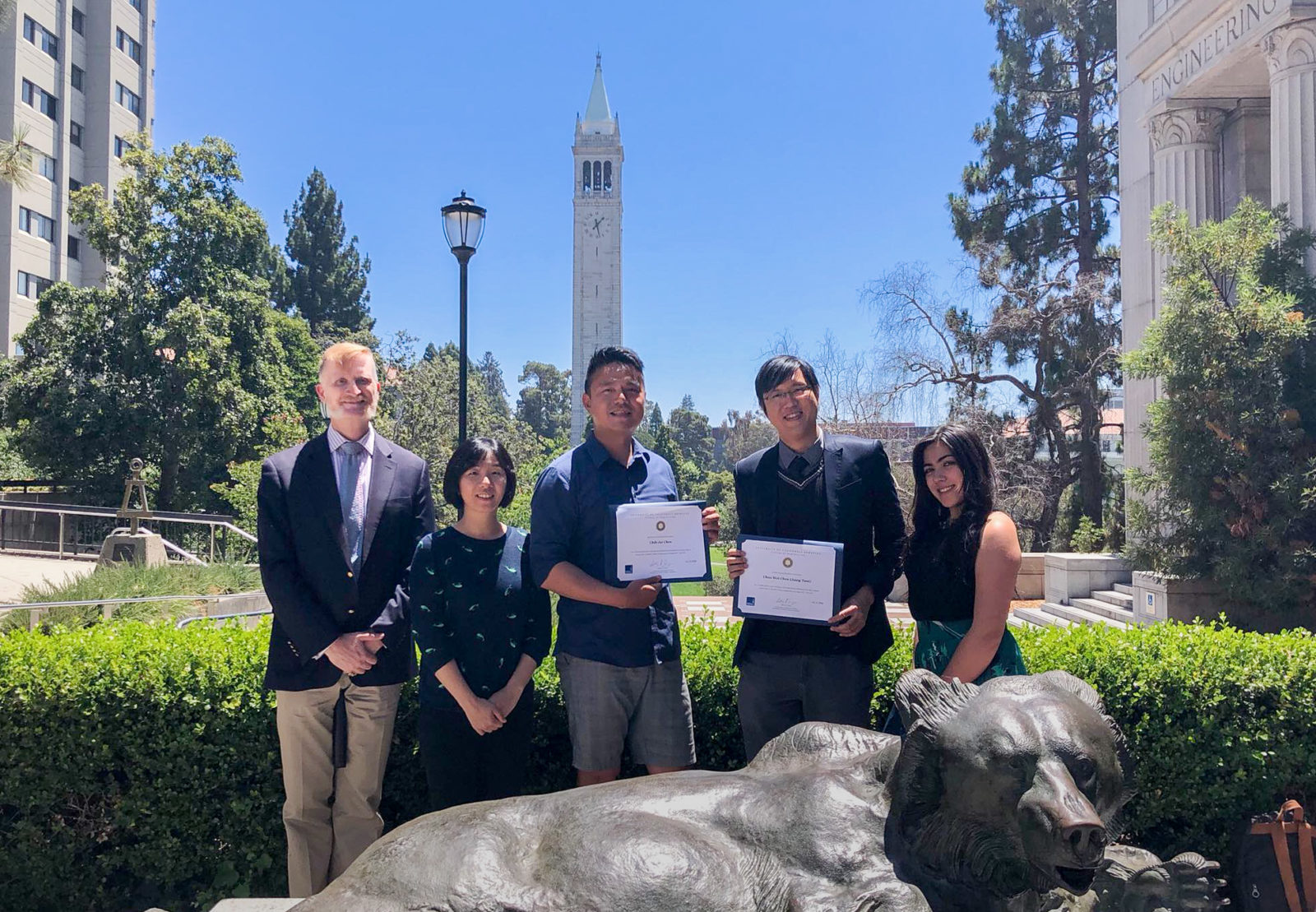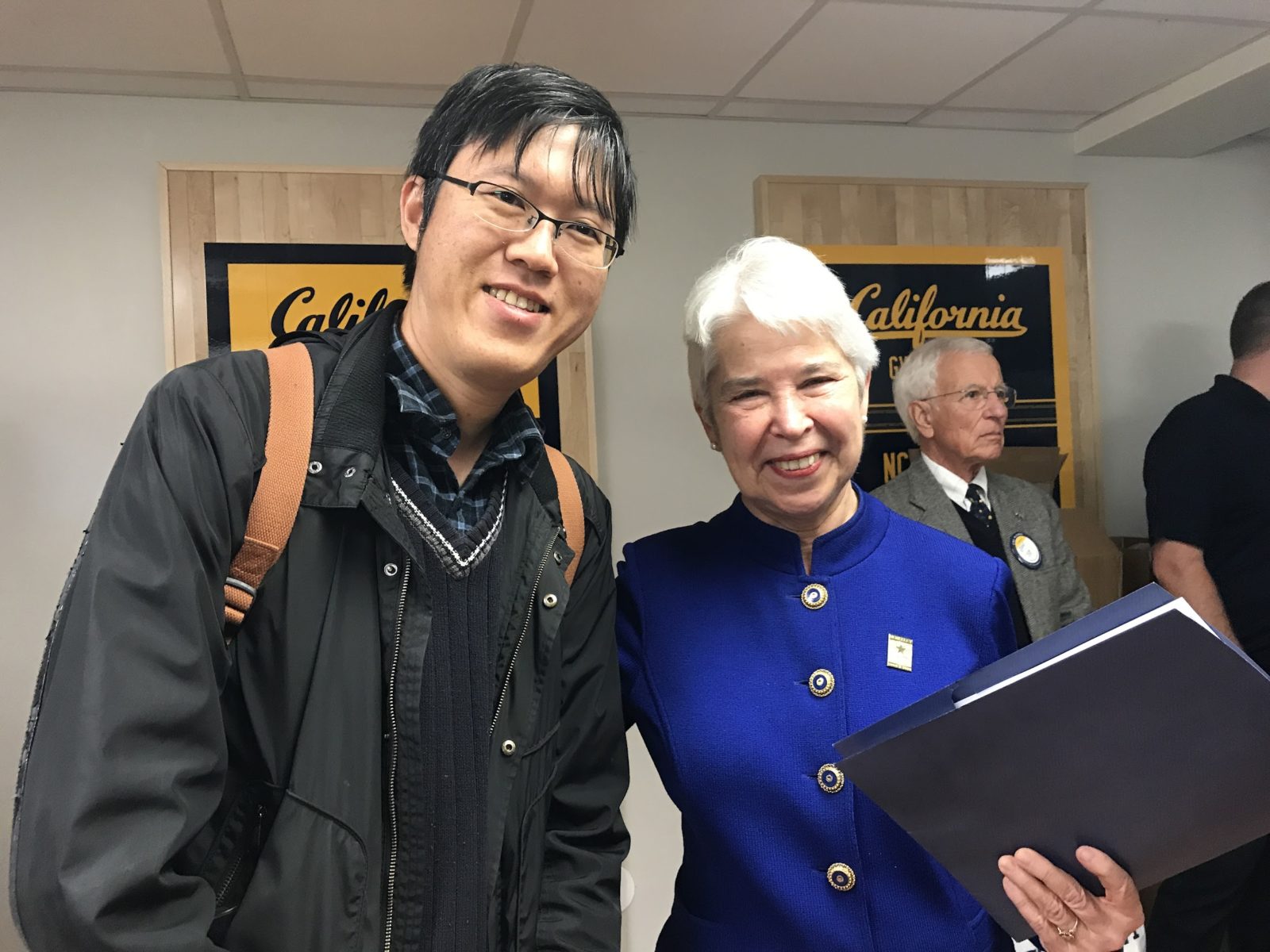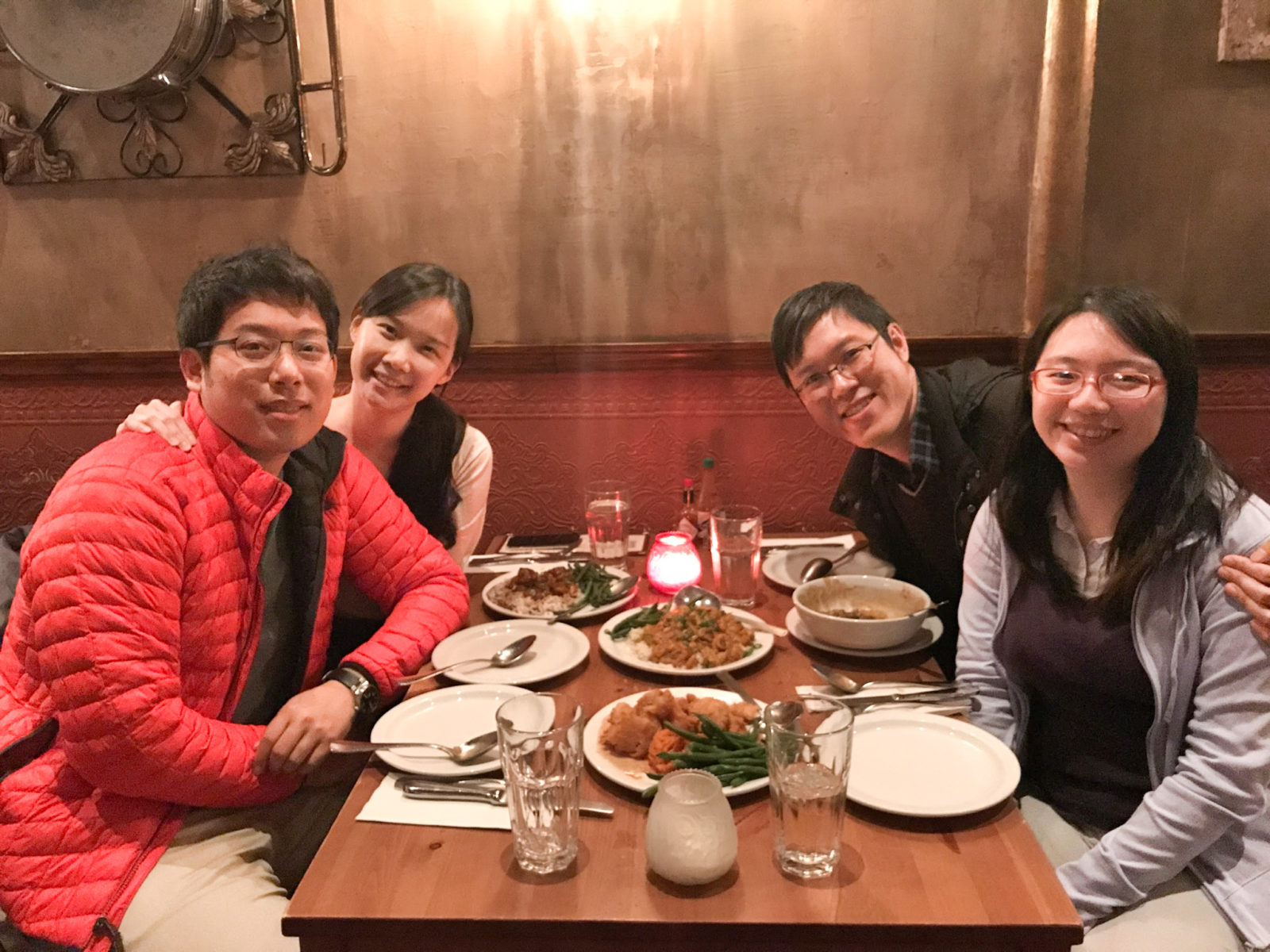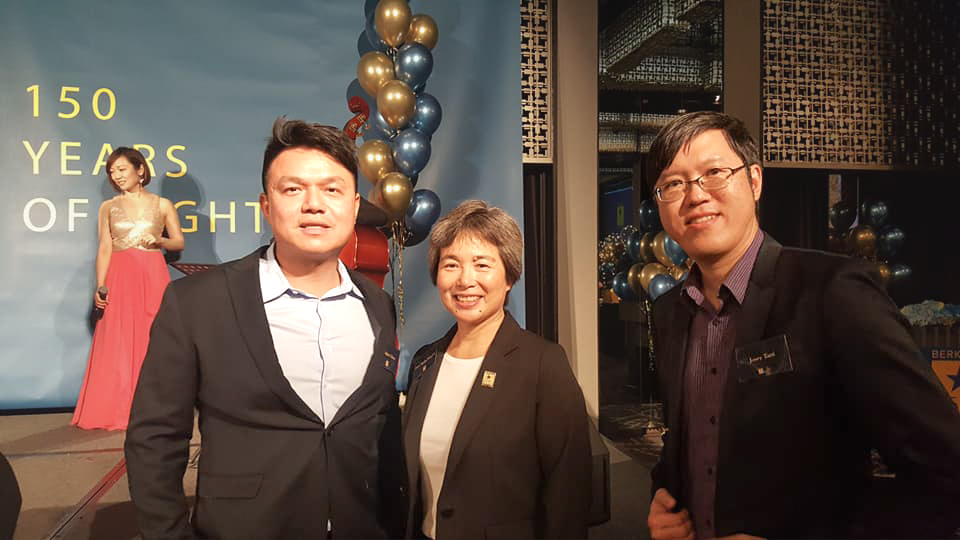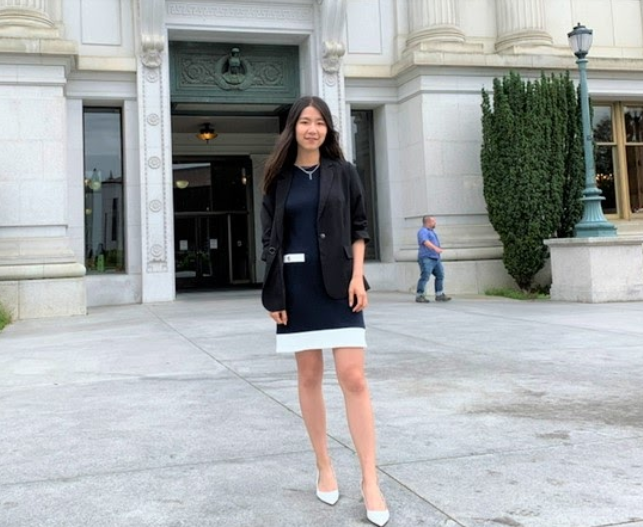Congratulations to our Berkeley Taiwan Biomedical (BTB) visiting scholar Ariel Ho on her acceptance into Berkeley SkyDeck and Health Tech CoLab Start-up Accelerator Programs!
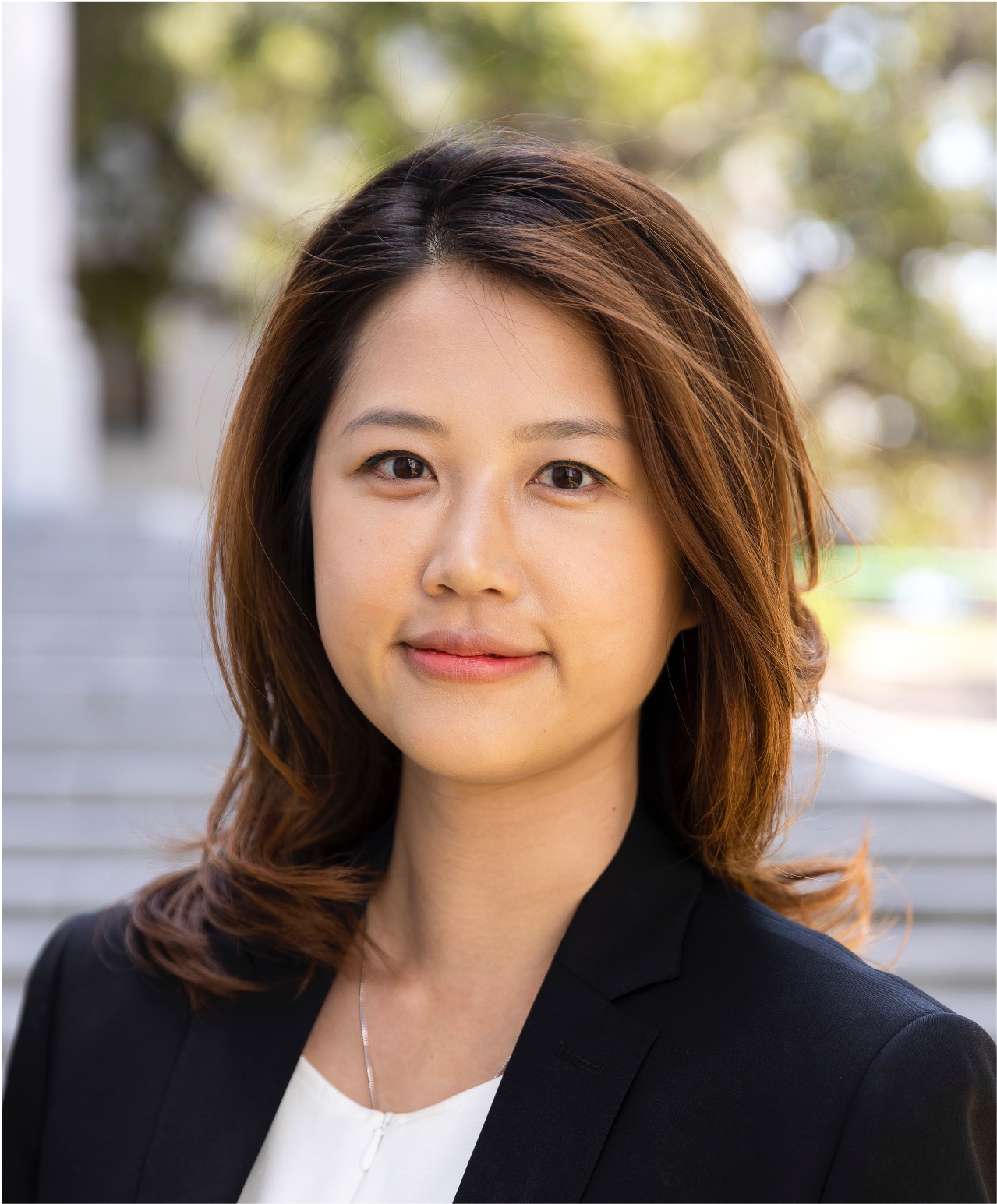
Ariel Ho is the co-founder of DIAITA (arie.cc). She is currently conducting research on digital health and medical device development through a bioengineering lens. She has over 10 years of clinical nutrition experience in teaching hospitals and previously worked for the International Clinical Diet Association (ICDA) as an advisor and sustainable eating representative. Furthermore, she has participated in the program development of various diet-related apps. Ariel holds a BA in Clinical Nutrition from Chung Shan Medical University, as well as two Master’s degrees, an MSc from University College London and a Master of Veterinary Medicine (MVM) from the National Chung Hsing University.
Can you tell us a little bit about yourself? (educational background, hobbies, interests, anything you would like to share with our Berkeley engineering community?)
Hi! My name is Ariel Ho – I am a clinic nutrition professional with over 10 years of hospital experience in clinical treatment. I am also the co-founder of my startup DIAITA. I am also currently a Berkeley Taiwan Biomedical (BTB) visiting scholar at UC Berkeley. In my free time, I enjoy playing basketball (played often in my university days), hanging out with my friends, and playing my keyboard.
What has been your career path from college graduation up to today? And why did you make those educational and career choices?
My journey to where I am today is a result of the opportunities I chose to follow. When I was in university, I applied to graduate school – eventually leading me to learning more about what I was passionate about: biomedicine and biomedical engineering. At UCL in the UK, I obtained my Masters in clinical and public health nutrition, which led to opportunities working in the hospital clinics there. Solving problems in the hospital encouraged me to apply as a Biomedical Visiting Scholar at UC Berkeley – where I hope to find even more opportunities and answers.
How or why did you choose dietician as a career path/area of study?
When I was a child, I had an immune system problem, which was unidentified. My family took me to the hospital, attempting to treat me with traditional Chinese herbal medicinal techniques. Since then, I have been interested in the human body – from the various biological processes inside our bodies to medicine’s and food’s effects on our body to diet’s role on body composition.
What makes you good at your job?
Although my work is primarily focused on illness, I also want to understand the patient beyond their physical situation. I believe one of my greatest attributes is that I am able to put myself in other people’s shoes – understanding their economic, social, and familial situations.
When I worked with different people in different medical backgrounds in the intensive care unit, I was able to think fast on my feet. I provided academia support to doctors under intense situations. I learned to make right decisions in critical times – decisions that were not just good for patients’ health but also good for their whole picture.
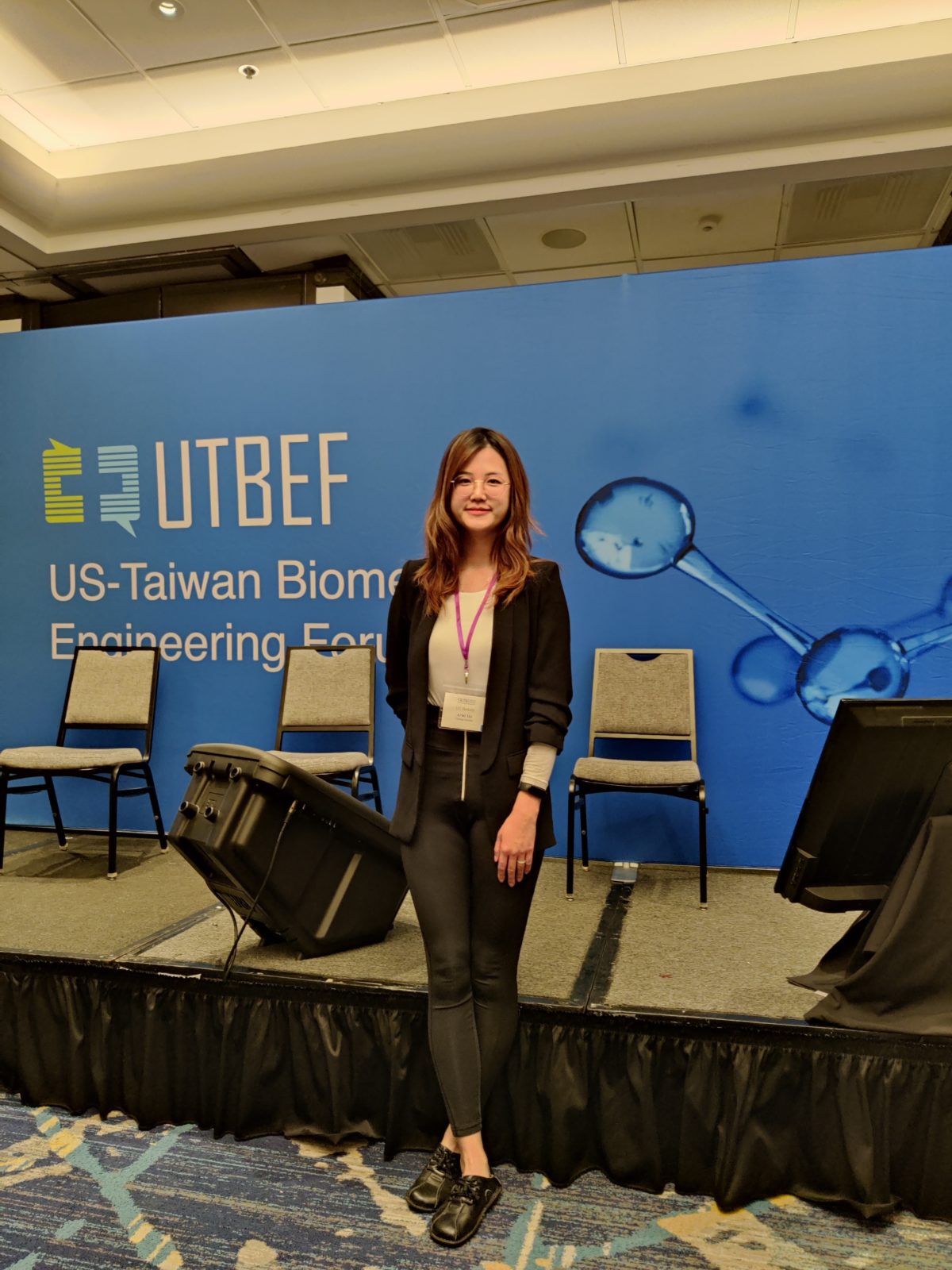
Congratulations, we heard your startup has recently entered the National Science Foundation National (NSF)-Winter one! Can you tell us more about your startup?
Our startup, DIAITA, means way of life in Greek. It’s an app that focuses on preventing illness. Diaita is a digital solution for people who want to create healthy changes to their lifestyles. Diaita uses cognitive behavioral approaches to motivate users to adopt personalized diet plans with the goal of preventing type 2 diabetes and other chronic diseases. This digital solution enables people to gradually change their habits, lose weight and make progress by developing a healthier relationship with food. The app also relies on tried-and-true concepts of psychology.
Over 38% of American adults have pre-diabetes, making this an urgent issue to tackle. Many illnesses can be prevented through fundamental daily behavior changes. There is currently a large market for diet-related apps, but most focus only on weight loss and calorie tracking rather than on overall health and disease prevention.
Our app is designed to help people reach their individual health goals. Additionally, through personalized dietary and lifestyle advice, we aim to help motivated individuals decrease their risk of chronic diseases such as type 2 diabetes, heart disease, and certain cancers. There are three primary components to our app: tailored diet, engagement, cognitive behavior change.
Our target clientele prioritizes maintaining health, staying fit, and preventing disease. Through consulting for various diet app companies, we have learned that engagement, compliance, and a tailored plan are our customers’ primary areas of emphasis. Our team is developing a mobile application that uses established psychological health promotion theories to help individuals achieve and maintain lifestyle behavior changes.
What do you want to achieve?
Prediabetes is our starting point, but it is not the only problem that we are seeking to address. Chronic diseases such as hypertension, kidney disease, and cardiovascular disease are all related to diet. Our vision is to give those who are at high risk of chronic diseases the chance to live healthier, longer lives.
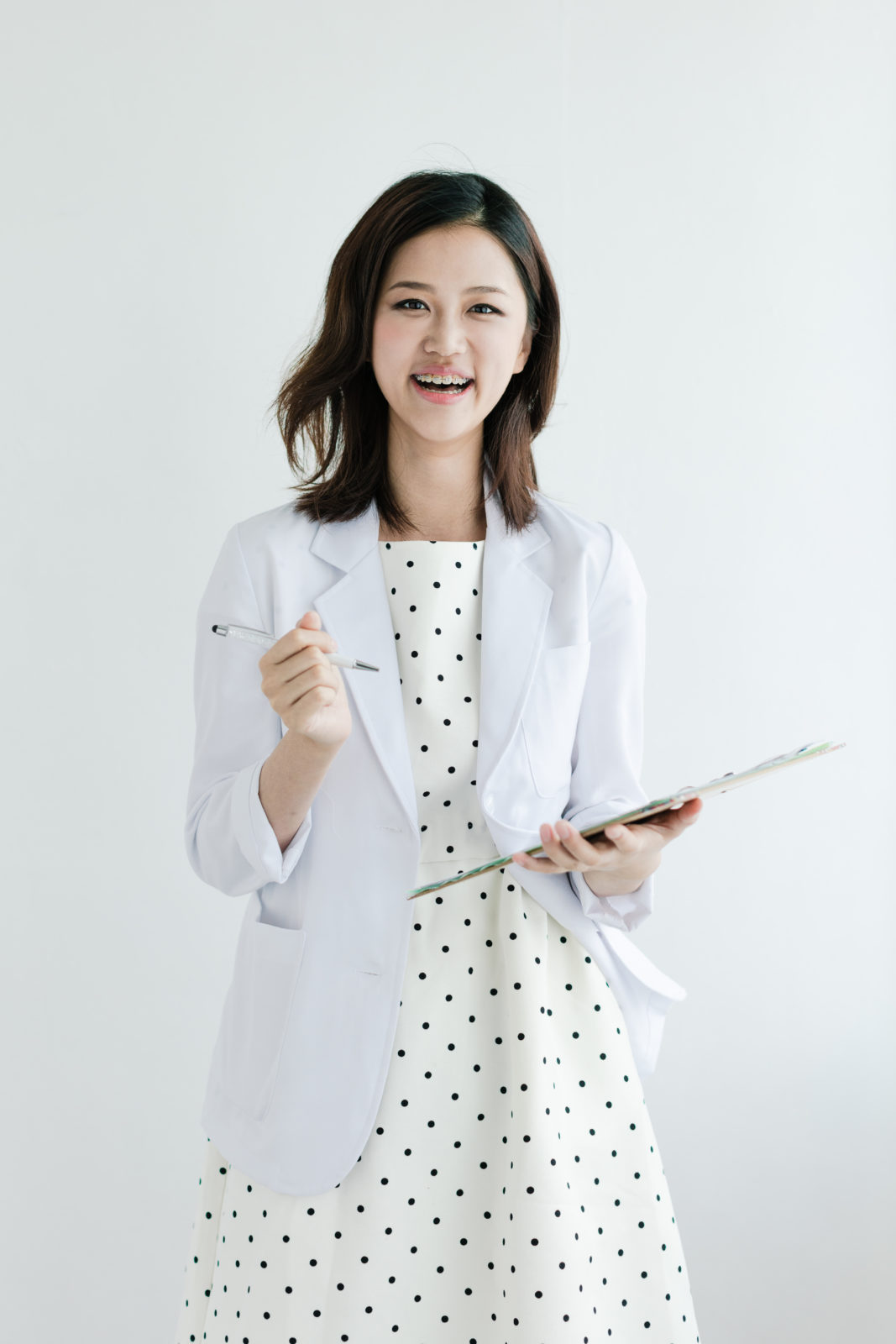
What has been your most challenging experience working on your startup?
Since I have always worked in a hospital, the primary goal is focusing on treating patients first. However, working on my startup, the biggest challenge I had was encountering the large learning curve of running a business – managing a team, communication, forming partnerships, and implementing the business strategy. I am grateful for the opportunity to expand my knowledge on something I am passionate about.
Do you miss anything about being a student?
I stayed in the I-house to experience being a student in the very beginning. I had a wonderful time there. Hanging out with those students makes me feel full of energy. Being a student is a wonderful time. It seems that you have many possibilities to make everything come true. Full of energy not cynics :). It is a symbol of hope and future I saw around the students. Although when I was a student back then, I might have low self-esteem to see that through. Looking back I do miss those energies of corroborate with each other to make a better world, that’s what I found in UC Berkeley students.
Any caveats, observations or advice that you learned through your career that you would like to share to current students?
Until I made a decision to leave Taiwan for the U.K. and eventually the US, I had always followed what others wanted me to do. But I realized that it is important to follow your heart instead of what other people think – and that’s what brought me to where I am today. Following your heart sounds easy, but when you are faced with reality, financial difficulties, family expectations, sometimes you will wonder if your decision is right or wrong. So my advice is to follow your heart and don’t look back, since you are the one who knows yourself best.
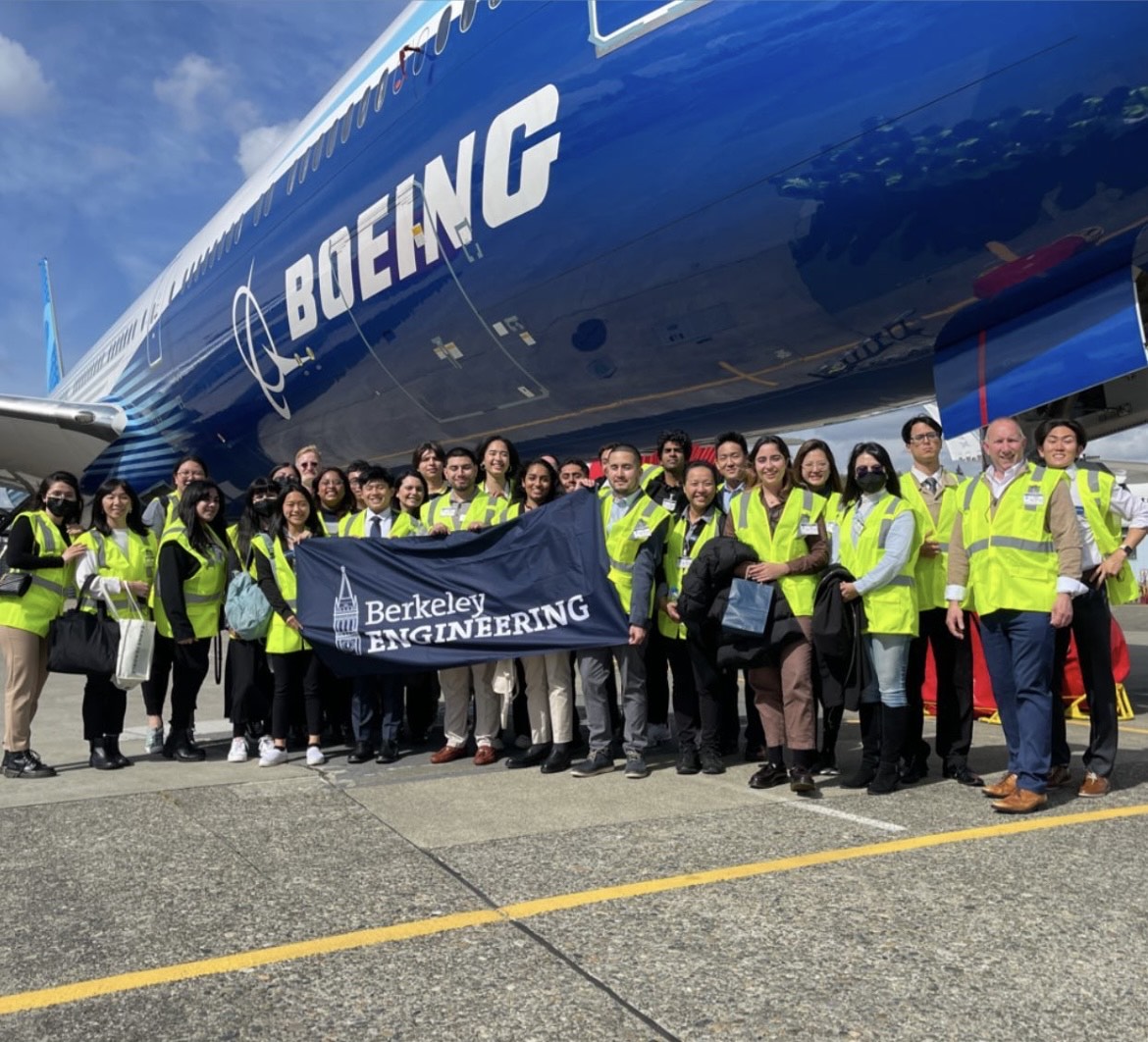
What advice would you give to current students concerning being a leader in not just the tech industry, but also in the classroom and in life?
Anyone can be a leader in your own style, both introvert or extrovert personality. In the hospital, I faced at least 5 deans and 5 presidents of hospitals, and they all had various compliments and complaints . They have their own style of leading people. Sometimes it works, sometimes it’s not. You will find some role models and make you a better lead to make a better team. For me, a leader is not about a person, it’s about a team.
What are some healthy eating tips for college students?
Coming to the US, I immediately noticed that US food is quite salty and sweet compared to snacks and beverages in the UK and Taiwan. Also I found out that California is very health-conscious compared to other states in the US. I would say that reducing intake of these foods is beneficial to not just physical health, but also for mental health, as too much sugar and salt has negative effects on the brain’s functioning.
Another tip I would give college students is to drink more water. This is an extremely important but underrated tip – you should drink about 15.5 cups (3.7 liters) of fluids a day for men, about 11.5 cups (2.7 liters) of fluids a day for women.
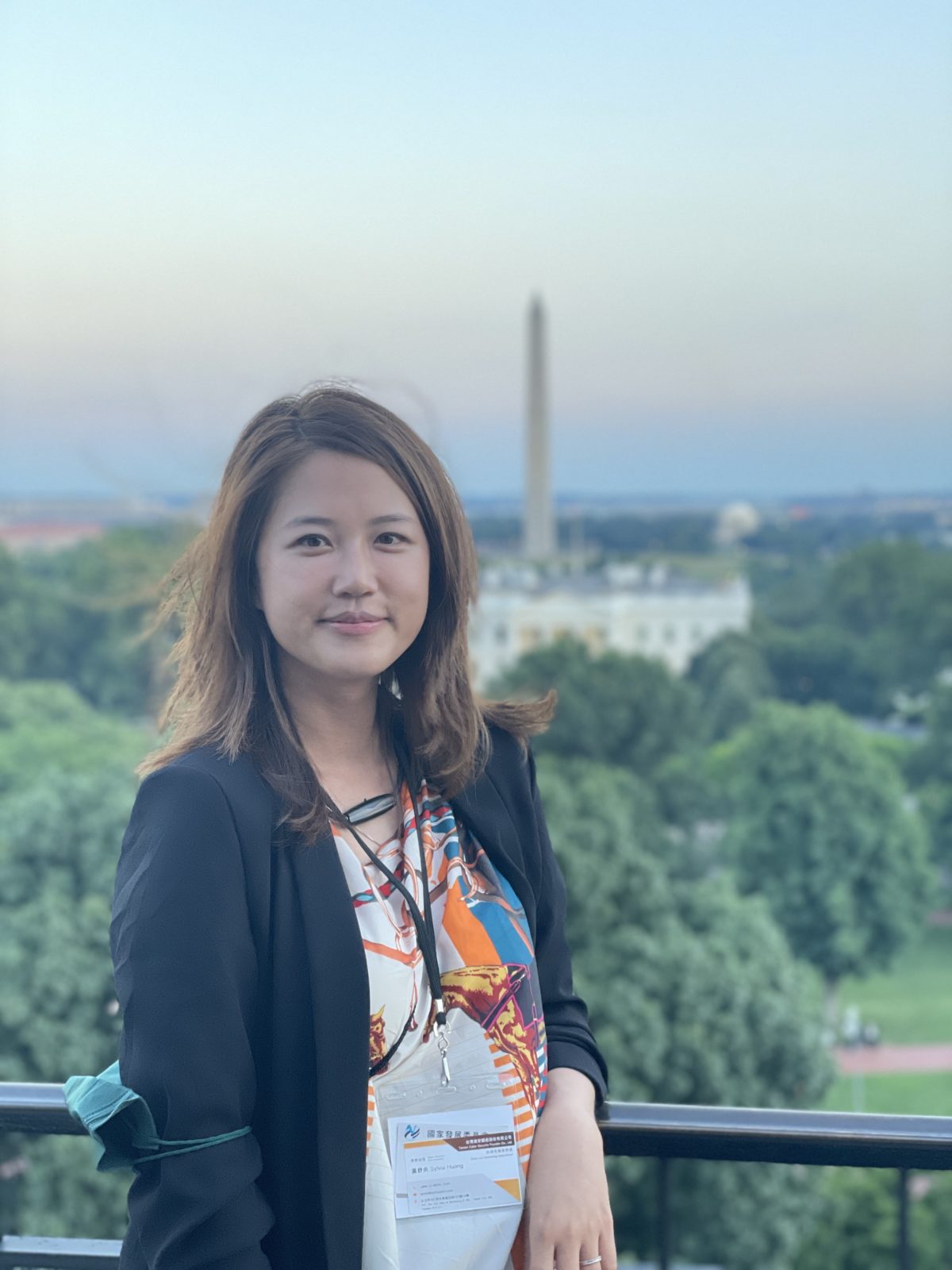

Ariel Ho
Ariel Ho is a co-founder of DIAITA (arie.cc), a registered dietician, and a Berkeley Taiwan Biomedical (BTB) visiting scholar at UC Berkeley.
